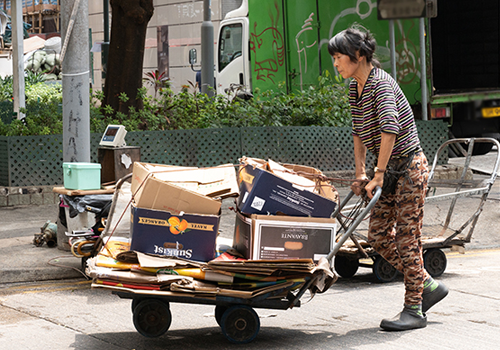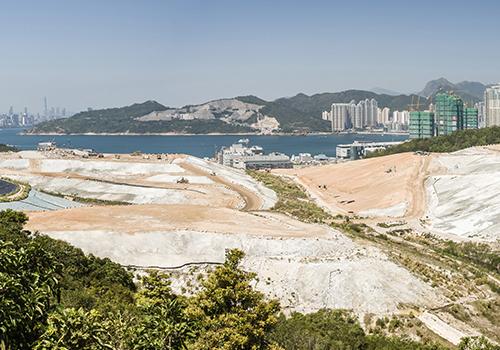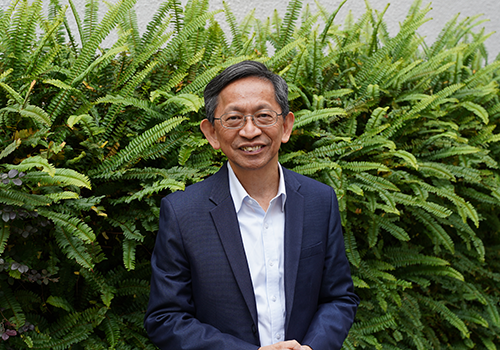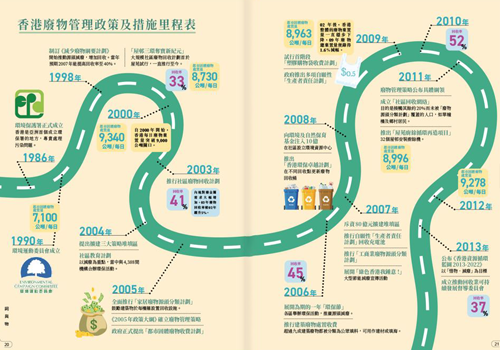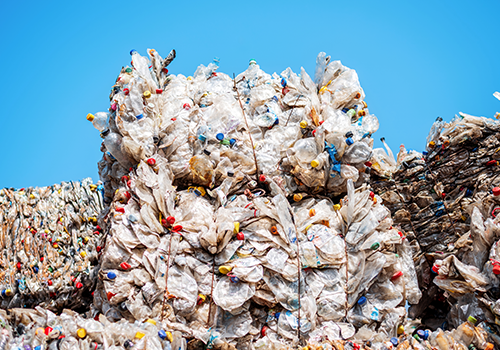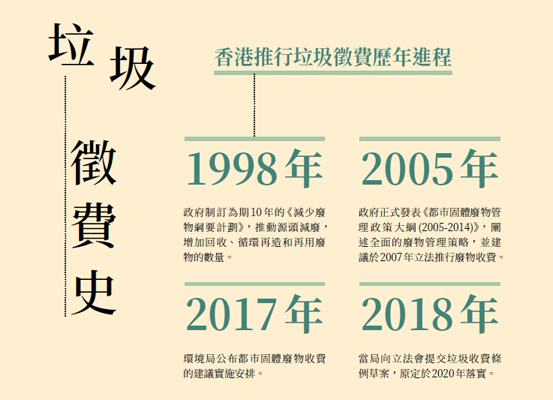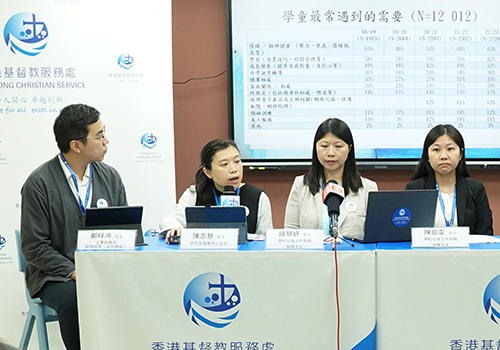2024 Issue 014
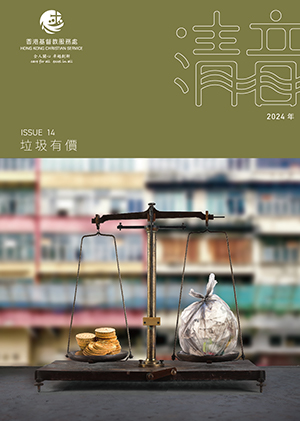
Urban waste is a reflection of a city's civilization.
Looking back on the history of waste management in Hong Kong, one of the most successful campaigns was the 'Keep Hong Kong Clean' in 1972. At that time, the streets and food vendors were full of rubbish, which prompted the government to invite Arthur Hacker, an English historian and artist, as the art director of the Government Information Services. He created the green, wart-studded litterbug 'Lap Sap Chung', accompanied by the litterbug's upbeat jingle sung by Francis Yip, which became an earworm of a tune that burned itself deep into the common consciousness of Hong Kong. In the 1990s, Lap Sap Chung retired, and the Keep Clean Ambassador took over the important task.
The city's appearance has significantly improved, thanks to the successful campaign that has instilled a sense of civic pride. However, for decades, we have been conditioned to associate cleanliness with social progress. As a result, cleaners work hard to keep the streets free of rubbish, shielding it from public view. In addition to the fast-paced lifestyle, people tend to dispose of waste without considering its value as a resource.
Professor Jonathan Wong, who has been researching waste management for many years, believes that Hong Kong has not changed its way of thinking regarding waste management in the last 50 years. Despite being clean and hygienic, Hong Kong is not environmentally friendly. In advanced countries, only 2% of municipal solid waste is disposed of in landfills, while in Hong Kong, the landfill rate stands at 70%. To put it bluntly, Hong Kong is a major litterbug.
In this issue of CS Voice, entitled 'Waste has a price', the phrase has three distinct meanings. Firstly, it refers to the cost of waste disposal charges. Secondly, it emphasises the value of waste as a resource. And finally, it highlights the cost of wasted resources.
It took 19 years for the waste disposal charge scheme to reach its final mile. We cannot afford to be left behind. So let us speed up the discussions and learn from the tortoise who beat the hare, catch up together, and work towards realising the vision of a zero-waste city.







